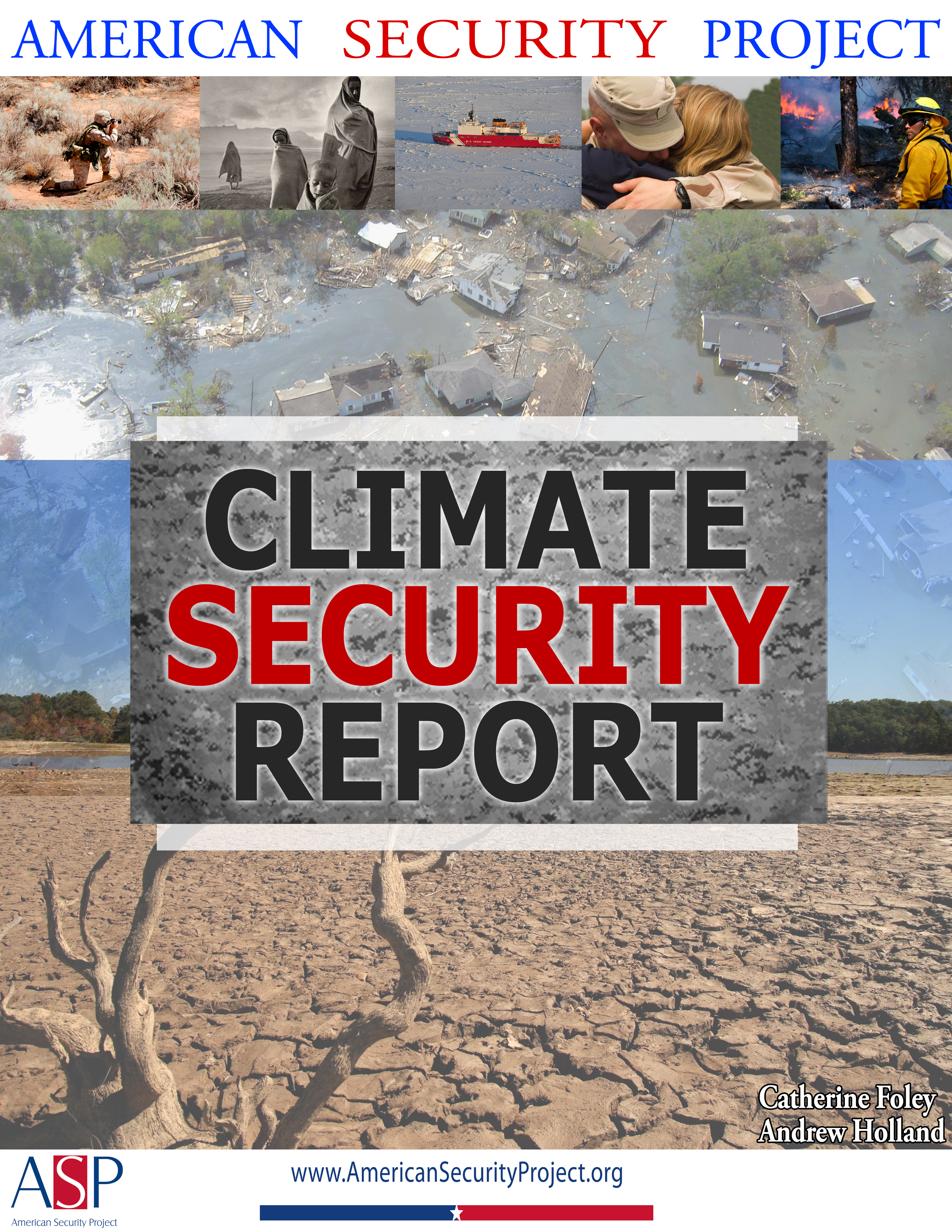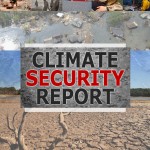
CSR PART TWO: CLIMATE CHANGE & GLOBAL SECURITY
 Climate change will exacerbate regional and local tensions in ‘hot-zones’ around the world. In these regions, the impacts of a changing climate will act as an accelerant of instability by multiplying problems like water scarcity, food shortages, and overpopulation.
Climate change will exacerbate regional and local tensions in ‘hot-zones’ around the world. In these regions, the impacts of a changing climate will act as an accelerant of instability by multiplying problems like water scarcity, food shortages, and overpopulation.
As a global superpower with military forces deployed around the world, the interests of the U.S. and its allies will be impacted by a changing climate, especially in certain ‘hot-zones’ detailed within this chapter.
In Brief
- The geopolitical consequences of climate change will be determined by how it affects and interacts with local political, social, and economic conditions as much as by the magnitudes of the climatic shift itself.
- A changing climate acts as an accelerant of instability around the world, exacerbating tensions related to water scarcity and food shortages, natural resource competition, underdevelopment and overpopulation.
- The near-term impacts of climate change are likely to have a disproportionate effect on poor countries with weak governance structures, particularly in Africa and Asia.
- Because the U.S. is a global power with strategic interests around the world, climate change is strategically important to the U.S. through the impacts it has on the regional stability of our allies.
- Climate change will cause an increase in frequency of disaster relief responses by U.S. and allied military forces.
- Though climate change will have global implications, there are specific ‘hot-zones’ that national security planners should focus on. These include Sub-Saharan Africa, South Asia, the Middle East, Latin America, the East Asia-Pacific, and the Arctic.
See other sections of report here
Climate Security Report: Part Two – Climate Change and Global Security







[…] CSR – Part Two: Climate Change and the Global Security […]
[…] CSR PART TWO: CLIMATE CHANGE & GLOBAL SECURITY […]